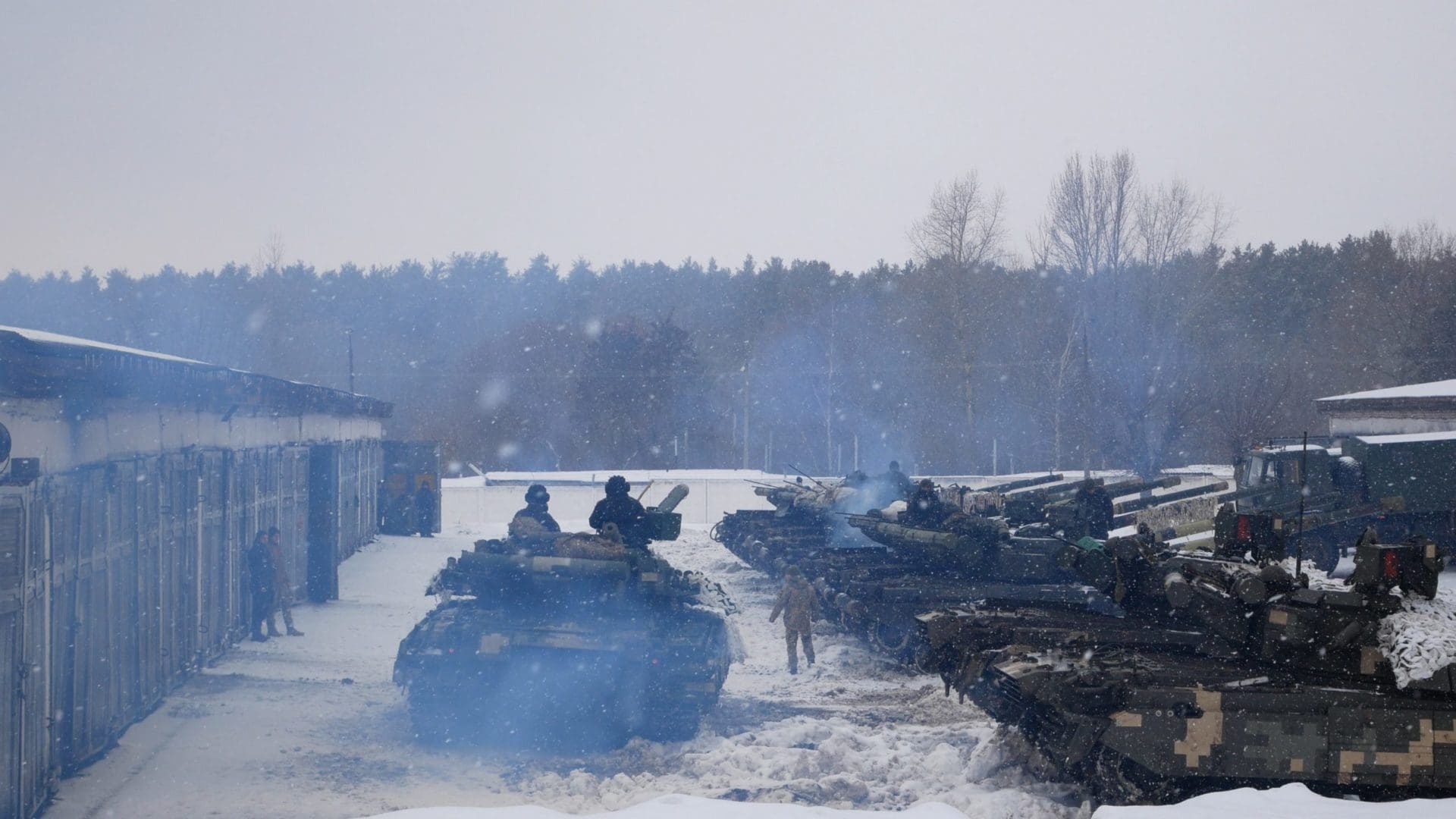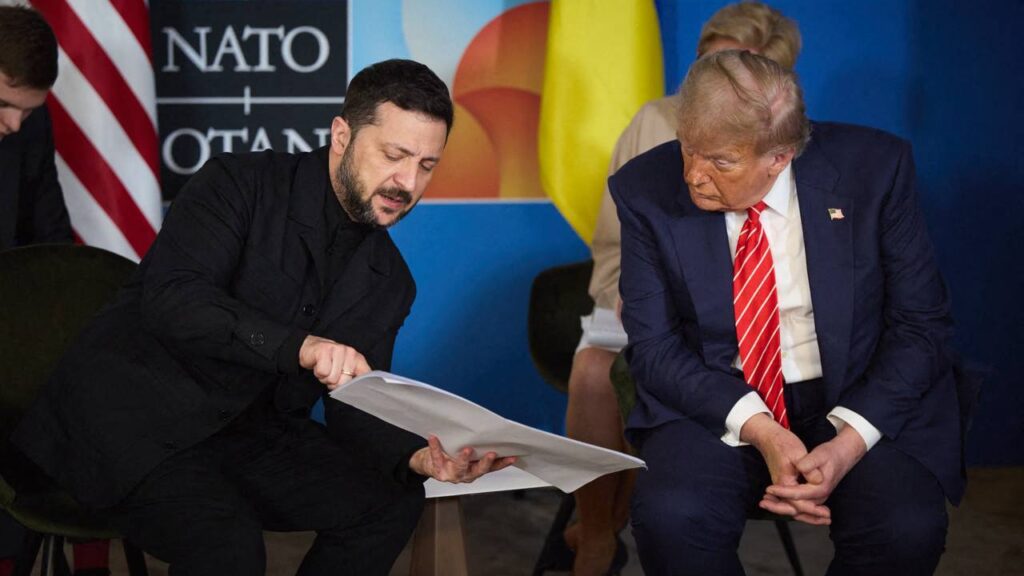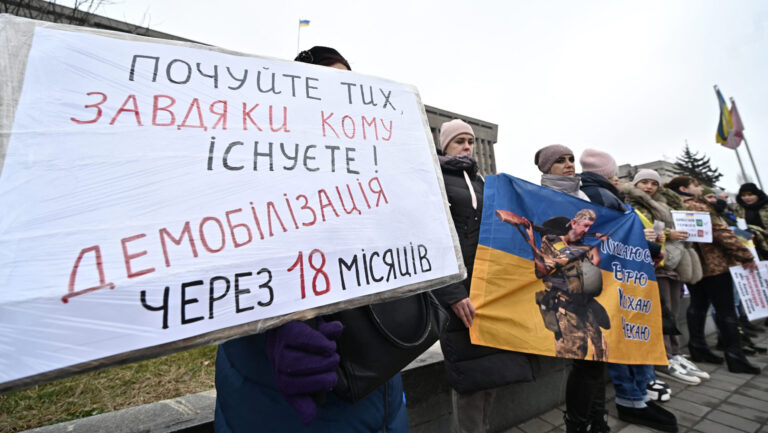The Spanish Civil War (1936–1939) was not only a conflict between two opposing political factions for the governance of Spain, but—due to the highly polarized political climate of the time—it was frequently ideologized as a struggle between democracy and autocracy, between secularism and religiosity, and between fascism and communism. Both sides used extensive moral reasoning to justify their genocidal war crimes, while most foreign governments pondered the possibility of intervention. Those who did—most notably the Third Reich and the Soviet Union—used the opportunity to turn Spain into a giant sandbox for testing dozens of their newest weapon systems, prepared for all-out war with each other. Those who were reluctant to engage in direct support in fear of international escalation; however, still partake in forms of aiding the combatants with military equipment and authorizing their civilians to take up Spanish arms as volunteers. Sounds familiar?
The ongoing war in Ukraine is not too different, apart from the very fact that it is not a civil war – even if the official Russian narrative would want you to believe that. No, Ukraine’s sovereignty is beyond any doubt, despite the two countries’ long shared history, both under the Russian Empire and the Soviet Union. Nevertheless, three apparent similarities are worth pointing out.
Ukraine’s sovereignty is beyond any doubt
The first and most obvious is the presence of international volunteers among the ranks of the Ukrainian forces. This is a phenomenon we rarely see in the twenty-first century, especially on such a scale. Some reports indicate that there may be as many as 16 to 20 thousand foreign fighters enlisted in territorial defence groups across Ukraine, which is a surprisingly big number even if it is highly inflated by authorities in Kyiv. Mostly young men from across Europe and hundreds if not thousands of combat veterans from the US make up the majority of this force, with the rest mainly being Ukrainian expats who returned to take up arms. It is not too uncommon for regional conflicts to receive an influx of international volunteers (happened in the case of Israel and even Syria, more recently), but the last time people showed this kind of willingness towards participating in a foreign war was in 1936. The Spanish Civil War attracted more than 35 thousand international volunteers—including George Orwell and Ernest Hemmingway, for instance—mostly to the Republican side, who came to fight fascist totalitarianism (among their Soviet comrades, ironically enough).
The second similarity lies in the dilemma of foreign governments as to what extent should they interfere in the conflict. Of course, totalitarian governments had no such problem back then, as the USSR, Germany and Italy happily provided weaponry and troops to the opposing sides, and learnt a lot about the effectiveness of their own weapon systems while doing so. To a much smaller extent this latter part also plays a role in Ukraine, as it did two years ago in Nagorno-Karabakh. There, the stars of the conflict were the highly-effective Turkish and Israeli made drones deployed by the Azeri forces against Armenians, now it is the new generational anti-tank systems that are stealing the show, especially the American Javelins and the British NLAWs, turned out to be superior in close and urban combat against armoured targets – of which there are plenty in Ukraine at the moment.
This episode shows that we are at a stage where escalation is not only possible but it is actively regarded as a serious threat
In contrast, the Western democracies had faced quite a strategic conundrum. They worried that a Francoist victory would enable Spain to become a strong ally of Axis powers, but were still reluctant to show too much support in fear of being dragged into direct conflict and a possible world war scenario. Now, something similar happens on the international scene regarding Ukraine, as many NATO members are supplying Kyiv with weaponry but also signal that there are certain red lines they are not willing to cross. For instance, take the example of Poland’s offer of old MiG-29 warplanes to Ukraine, with the condition that they would be replaced by newer, American ones, and that they would be delivered from a German airbase. For both Germany and the US, this notion was beyond what they were signed up for, so they turned it down regardless of how much this would have helped Ukrainians. This episode, among others, shows that we are at a stage where escalation is not only possible but it is actively regarded as a serious threat. If Western powers were convinced the conflict could not spill over inside Europe, they would not need to tread so carefully.
Finally, the third one is the ideologically driven nature of this war, which—to be honest—is part and parcel of any conflict, yet seems to play a greater role here than in recent Middle Eastern wars for example – at least in terms of Western societies’ emotional investment in it. While Iraq, Afghanistan, Syria and Libya all incorporated this element too (undemocratic governments, crimes against humanity, illegally held weapons of mass destruction, as well as the general theme of ‘war on terror’), most people in the West still regarded these acts of US’ interventionalism as part of larger geopolitical power plays without taking the ideological aspect too seriously. Of course, this was partly because those countries represented little-known, far away lands in our collective imagination (which is not at all true in the case of Ukraine), and partly because we have been telling ourselves for decades that war cannot happen again in Europe, so these recent developments came with quite a shock for all of us.
We all seem to be taking part in this fight one way or another, for not joining a holy war is a sin in itself
Both of these amplify the ideological aspect of this war. Even prior to the war most of us were aware of the fact that Putin’s Russia was not the pinnacle of Western democracy and rule of law, and—let’s admit it—knew next to nothing about Ukraine, except maybe the fact that it has been locked in conflict with Russia-backed separatists since 2014. But in just two weeks, public discourse has taken the Russo-Ukrainian war to extremes: it is no longer two countries fighting—one for global strategic advantage, the other is for preserving its sovereignty in face of an invasion—but the black and white forces of good and evil, almost like in a Tolkienesque world. For us, Russia is the murderous, fascist dictatorship that is shelling civilians and will take the whole world if not confronted, while Ukraine has become a symbol of democracy, freedom, and peace – led by President Zelenskyy, the greatest hero of our time. In Russia’s official viewpoint; however, Putin is the saviour of the long-repressed Russian people, who liberates Ukraine from under the West’s malign influence and Zelenskyy’s murderous, Nazi regime that is helling civilians. No doubt that the western narrative is closer to the truth, but sometimes even that could bear a little more nuance. And the way Western countries are seemingly banning everyone and everything that is Russian (athletes, musicians, art, food, etc.) is just as ridiculous as the news coming out of Russia about people losing their jobs or even being detained for raising their voice against the war. So in terms of collective narratives, this war has already gone global, just like Spain in the thirties. Ukraine’s struggle for its freedom has been elevated onto a higher, symbolic plane, where we all seem to be taking part in this fight one way or another, for not joining a holy war is a sin in itself.
And that, for me at least, is a problem. It shows that we are collectively getting ready to accept even darker realities – to name it, the realities of global war. It is great to see Western societies being united under a single agenda for once, but it is also concerning how quickly it happened and how easily everyone accepted the sacrifices we will have to pay for the sanctions imposed on Russia. No doubt they serve a higher, moral good, but will also cost us dearly in the coming months and years. Not to mention the innocent Russian civilians, whose future has been taken from them, even though they hardly play any individual responsibility for the horrific crimes of Putin. Yet, most westerners seem to have no moral problem with collective punishment. This also shows that we take a more extreme ideological approach to the war in Ukraine than we did to other recent conflicts, which again resembles the general sentiments of the 1930s. Now to return to the initial question, could these similarities mean that Ukraine will lead to a Third World War, similarly to how Spain was a precursor of the Second World War that followed only months after it ended? Well, it is very hard to say. For one, the Spanish Civil War did not cause the outbreak of the Second World War, it merely signalled that the world was heading in that direction. In this sense, Ukraine could be a similar marker of a coming paradigm shift of global conflict, but as to when or how would it happen, we have no idea. Nonetheless, it is unlikely that the current Russo-Ukrainian war itself would escalate further geographically. NATO is stronger and more organized than the Allied powers were in the 1930s, while Russia is not only being actively destroyed economically day by day, but it also stands alone – at least for the moment. As to what geopolitical consequences will the certain economic fallout of this war have in a few years’ time—regarding the relations between China, Russia and the West, for instance—we can only wait and see. The potential for global catastrophe is in the air, and even if it happens ten years from now, we may have already sailed over the precipice.
Ukraine could be a similar marker of a coming paradigm shift of global conflict, but as to when or how would it happen, we have no idea








